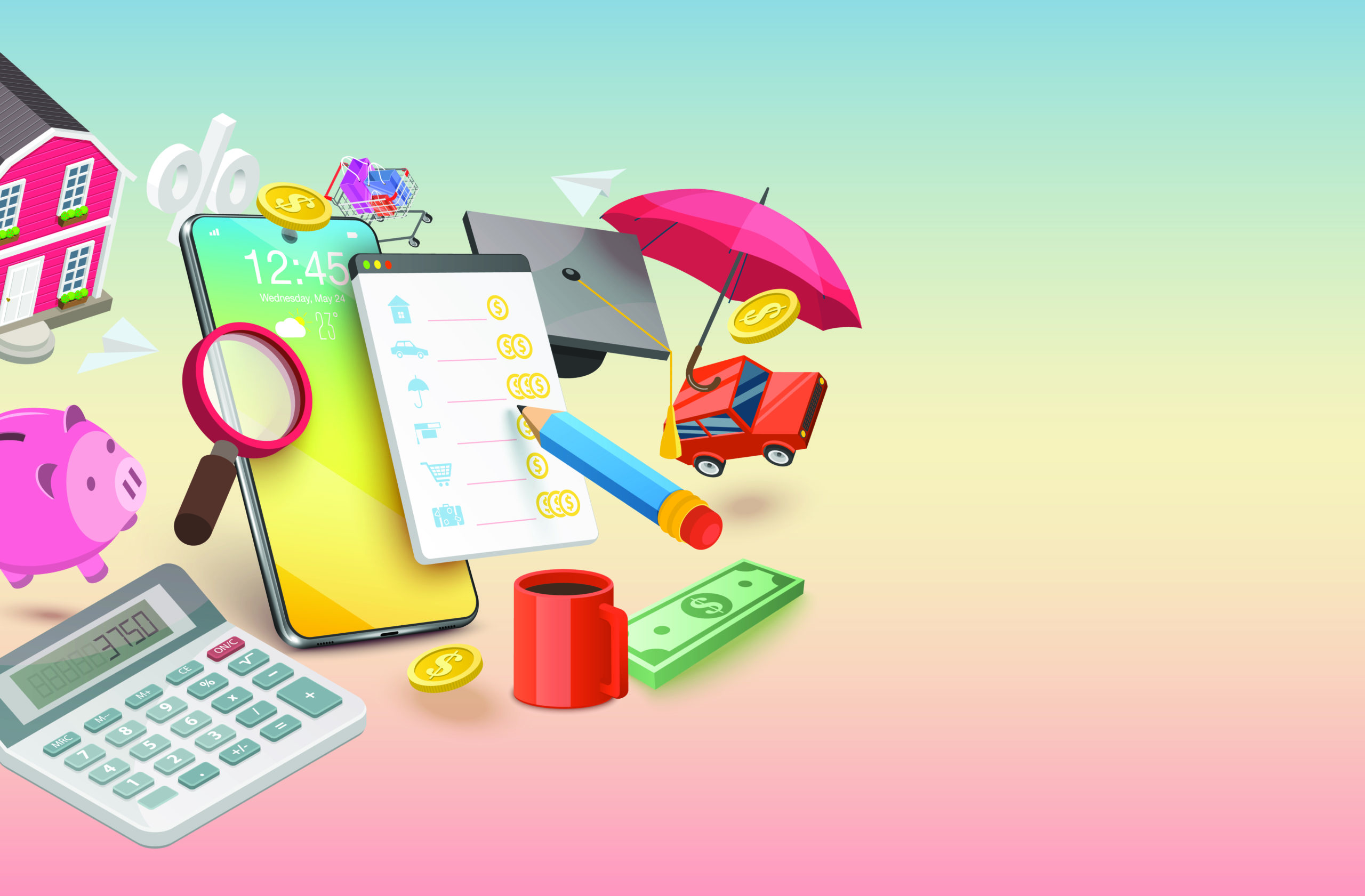by Brandy Abalos
Nearly every person in the United States has debt. In fact, according to the Federal Reserve Bank of New York, each American has an average of $96,371 in debt. That includes credit cards, student loans, car loans, mortgages, etc. The more than $16.5 trillion in consumer debt that has been amassed in the country is a problem.
Despite the continuous increase in national consumer debt, there are ways to pay it down. Some strategies focus on living within your means, while others target making payments in general. The more you know about paying off debt efficiently, the better your future finances will be.
Pay More Than Your Minimum Payments
Minimum payments on credit cards and other consumer debt accounts are often enough to cover interest and little else. You will hardly chip away at the principal. If possible, pay more than the minimum payment amount every month. Doing so will allow you to pay the principal off more quickly and save on interest. However, checking your loan’s terms before paying it off early is essential. Some loans have additional fees or penalties for advanced payoff.
Pay More Than Once a Month
Most people schedule their bills to be paid once per month. However, you can make payments more than once monthly to lower your balance faster. Your balance-to-utilization ratio will improve as you pay off those credit cards and other installment loans. This credit utilization ratio is the percentage of total credit available to you compared to what you use. The less you use, the better your credit score will be.
Pay Off Loans with High-Interest Rates First
Throwing money at interest is a waste. The sooner you pay off those high-interest credit cards and loans, the sooner you can use your funds to attack principal amounts. This approach is often called the “avalanche method” of paying down debt.
Use the Snowball Method to Pay off Debt
Instead of paying off high-interest loans first, you may get rid of your smallest balances as quickly as possible. Use all your extra funds to attack smaller principals, no matter their interest rate. Doing so can help you build momentum as you pay off each balance.
Keep Track of Your Bills with Apps
Missing a payment can be devastating when you’re trying to pay off debt. You’ll incur additional fees and may lose special promotions like low-interest rates. People once used methods like Excel Spreadsheets to keep track of bills, but today several smartphone apps can help you manage due dates.
Make Payments Online
Gone are the days of receiving a bill in the mail and sending a check. Sending checks in the mail is unreliable and can result in missed or late payments. You should know when your bills are due and proactively pay them online before their due date.
Shorten the Length of Your Loans
If you have a loan that is five or more years, consider shortening it to pay it off faster and save on your total cost of borrowing. You may also qualify for a lower rate depending on your situation. Shortening a loan may increase your payments, but it will help you become debt free more quickly.
Consolidate Your Debt
For those who have a significant amount of debt across several accounts, it may be efficient to consolidate your debt into one loan. Consolidation can be exceptionally positive if you get a low-interest consolidation loan. It will save you money in the long term and help you better manage payments and pay off debt faster.
Pay Down Debt with Simple Strategies
Getting rid of debt can seem overwhelming. However, it doesn’t have to be. You can take small steps slowly that will benefit your finances. Remember that living within your means and not accruing additional debt is the most critical part of reducing your overall debt. In addition, focusing on targeted and strategic payment of debt is key.








Leave A Comment